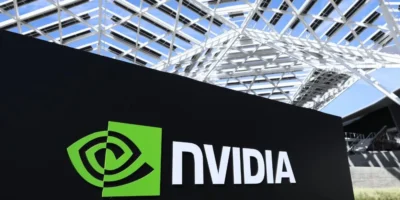President Donald Trump’s administration is significantly expanding the government’s role in the US economy, marked by increased investments in key American companies. This strategy, exemplified by a near-10% stake acquired in Intel through the conversion of government grants into equity, represents a dramatic shift from decades of established economic policy. The White House has indicated its intention to replicate this model in other sectors, sparking considerable debate among business leaders and analysts.
The administration defends its actions by arguing for the need to bolster domestic production capacity in critical industries, reducing reliance on foreign manufacturing. This approach prioritizes national security and economic self-sufficiency, countering concerns about outsourcing and global supply chain vulnerabilities. The White House cites the CHIPS Act as justification for its investment in Intel, highlighting the need to build domestic chip manufacturing capabilities.
However, critics express serious reservations about the implications of this increased government involvement. Concerns center on the potential for market distortions, hindering the agility and competitiveness of US businesses. The Intel deal, in particular, has raised anxieties about the administration’s potential influence over customer choices and the imposition of additional regulations. Furthermore, experts like Bill George, former Medtronic CEO, argue this marks a move towards a more state-controlled economy, deviating significantly from established American principles. Intel CEO Lip-Bu Tan, while accepting the investment, also admitted that he did not necessarily need the government grant.
The increased government presence in the private sector is not limited to Intel. Similar interventions have been observed in other industries, including steel and rare earths, where the administration has acquired significant stakes, raising concerns about the long-term impacts on corporate governance and market dynamics. Analysts point to the potential for reduced innovation and strategic flexibility due to government interference in corporate decision-making. The debate underscores the complex balancing act between national interests and the preservation of a free-market economy. The administration’s push for increased domestic production, while seemingly beneficial in certain sectors, may inadvertently stifle the very innovation and competitiveness it aims to foster.












